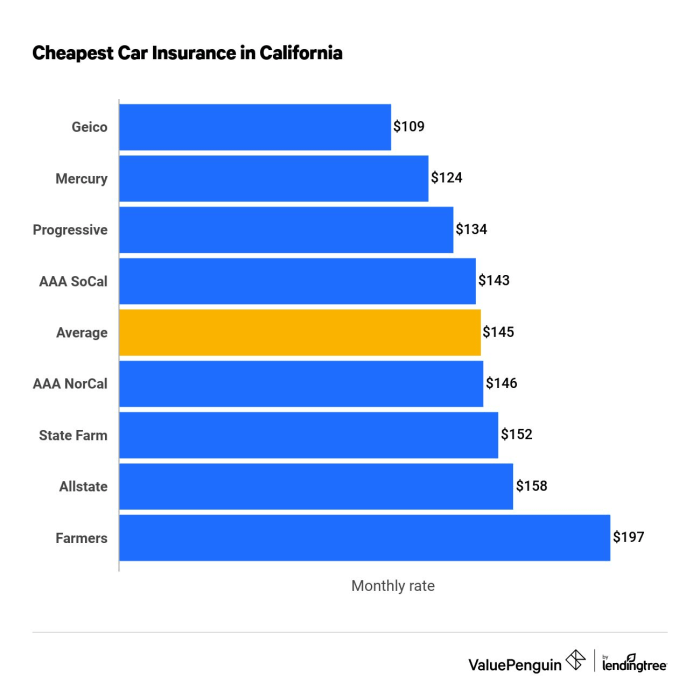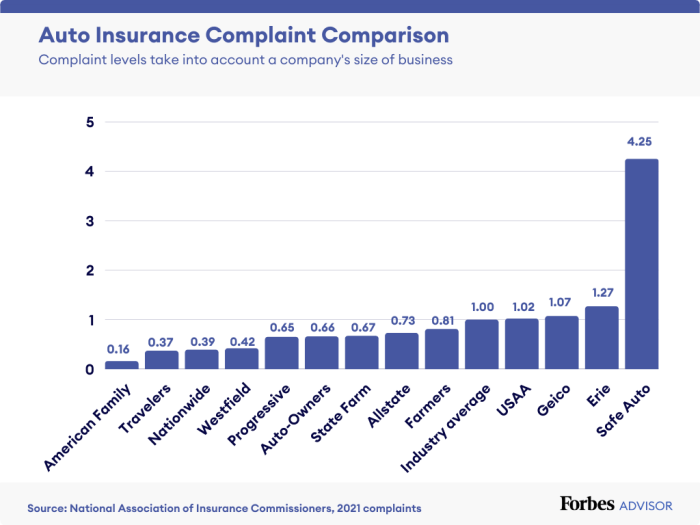What is the best insurance for people who own a car? It’s a question that every car owner faces, and the answer isn’t always straightforward. With so many different types of coverage, factors influencing premiums, and insurance providers to choose from, it can feel overwhelming to find the right policy.
But don’t worry, we’re here to break it down and help you make an informed decision.
Understanding the basics of car insurance is crucial for protecting yourself financially in the event of an accident. From liability coverage to collision and comprehensive, each type of insurance serves a specific purpose. Additionally, factors like your driving history, age, location, and even your credit score can influence your premium costs.
By understanding these factors, you can make strategic choices to minimize your insurance expenses.
Types of Car Insurance

Car insurance protects you financially if you’re involved in an accident or your car is damaged. There are different types of coverage available, and the best combination for you depends on your individual needs and circumstances.
Liability Coverage, What is the best insurance for people who own a car?
Liability coverage protects you if you cause an accident that injures someone or damages their property. This coverage pays for the other driver’s medical bills, lost wages, and property damage.
- Bodily Injury Liability: This coverage pays for medical expenses, lost wages, and pain and suffering for the other driver and passengers in their vehicle if you are at fault in an accident.
- Property Damage Liability: This coverage pays for repairs or replacement of the other driver’s vehicle or property if you are at fault in an accident.
Liability coverage is usually required by law, and the minimum limits vary by state. For example, you might be required to have at least $25,000 per person/$50,000 per accident for bodily injury liability and $10,000 for property damage liability. If you cause an accident and your liability coverage is insufficient to cover the other driver’s damages, you will be personally responsible for the difference.
This could result in significant financial losses, including the loss of your home or other assets. It is important to have enough liability coverage to protect yourself from financial ruin in the event of a serious accident.
Collision Coverage
Collision coverage pays for repairs or replacement of your vehicle if it is damaged in an accident, regardless of who is at fault. This coverage is optional, but it can be very valuable if you have a newer car or a car with a high loan balance.
For example, if you are in an accident and your car is totaled, collision coverage will pay the actual cash value of your vehicle, minus your deductible. Collision coverage can help you avoid significant out-of-pocket expenses if you are involved in an accident.
Comprehensive Coverage
Comprehensive coverage pays for repairs or replacement of your vehicle if it is damaged by something other than an accident, such as theft, vandalism, fire, or hail. This coverage is also optional, but it can be helpful if you live in an area that is prone to natural disasters or if you have a car that is particularly valuable.
For example, if your car is stolen, comprehensive coverage will pay the actual cash value of your vehicle, minus your deductible. Comprehensive coverage can help you avoid significant out-of-pocket expenses if your car is damaged by something other than an accident.
Uninsured/Underinsured Motorist Coverage
Uninsured/underinsured motorist coverage (UM/UIM) protects you if you are injured in an accident caused by a driver who does not have insurance or does not have enough insurance to cover your injuries. This coverage is optional, but it can be very important, as it can help you pay for medical expenses, lost wages, and pain and suffering if you are injured by an uninsured or underinsured driver.
UM/UIM coverage can help you avoid significant out-of-pocket expenses if you are injured in an accident caused by an uninsured or underinsured driver.
Ultimate Conclusion

Ultimately, finding the best car insurance for you comes down to a careful evaluation of your needs, budget, and driving habits. By taking the time to research different insurance providers, compare quotes, and understand the various coverage options available, you can confidently select a policy that offers the protection you need at a price you can afford.
Remember, a little research and planning can go a long way in ensuring you have the right car insurance to safeguard yourself and your vehicle.
Popular Questions: What Is The Best Insurance For People Who Own A Car?
What is the difference between liability and collision coverage?
Liability coverage protects you financially if you cause an accident, covering damages to other vehicles and injuries to other people. Collision coverage covers repairs to your own car if you’re in an accident, regardless of who is at fault.
How can I lower my car insurance premium?
You can lower your premium by maintaining a good driving record, taking a defensive driving course, bundling your car insurance with other policies like homeowners or renters insurance, and choosing a car with safety features.
Is it worth getting uninsured/underinsured motorist coverage?
Uninsured/underinsured motorist coverage protects you if you’re in an accident with a driver who doesn’t have insurance or doesn’t have enough insurance to cover your damages. It’s a good idea to consider this coverage, especially if you live in an area with a high number of uninsured drivers.
